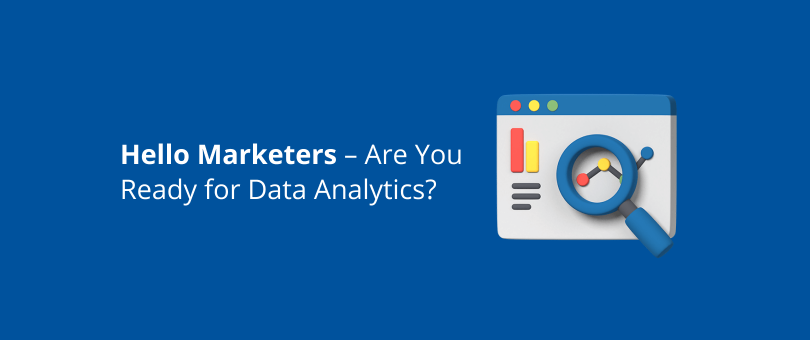People say that great marketing is an art form and should be treated as such. However, who says that art and science can’t mix?
Data analytics has become an inseparable part of the modern marketer’s day-to-day and a powerful tool in our strategic arsenal. We rely on data like never before and use it to test, refine, automate, and improve our campaigns.
In this article, we focus on how marketing data analytics can benefit a business. Read on to find out!
Why Data Analytics in Marketing Is Important?
Data analytics can enhance your marketing efforts in various ways, including but not limited to:
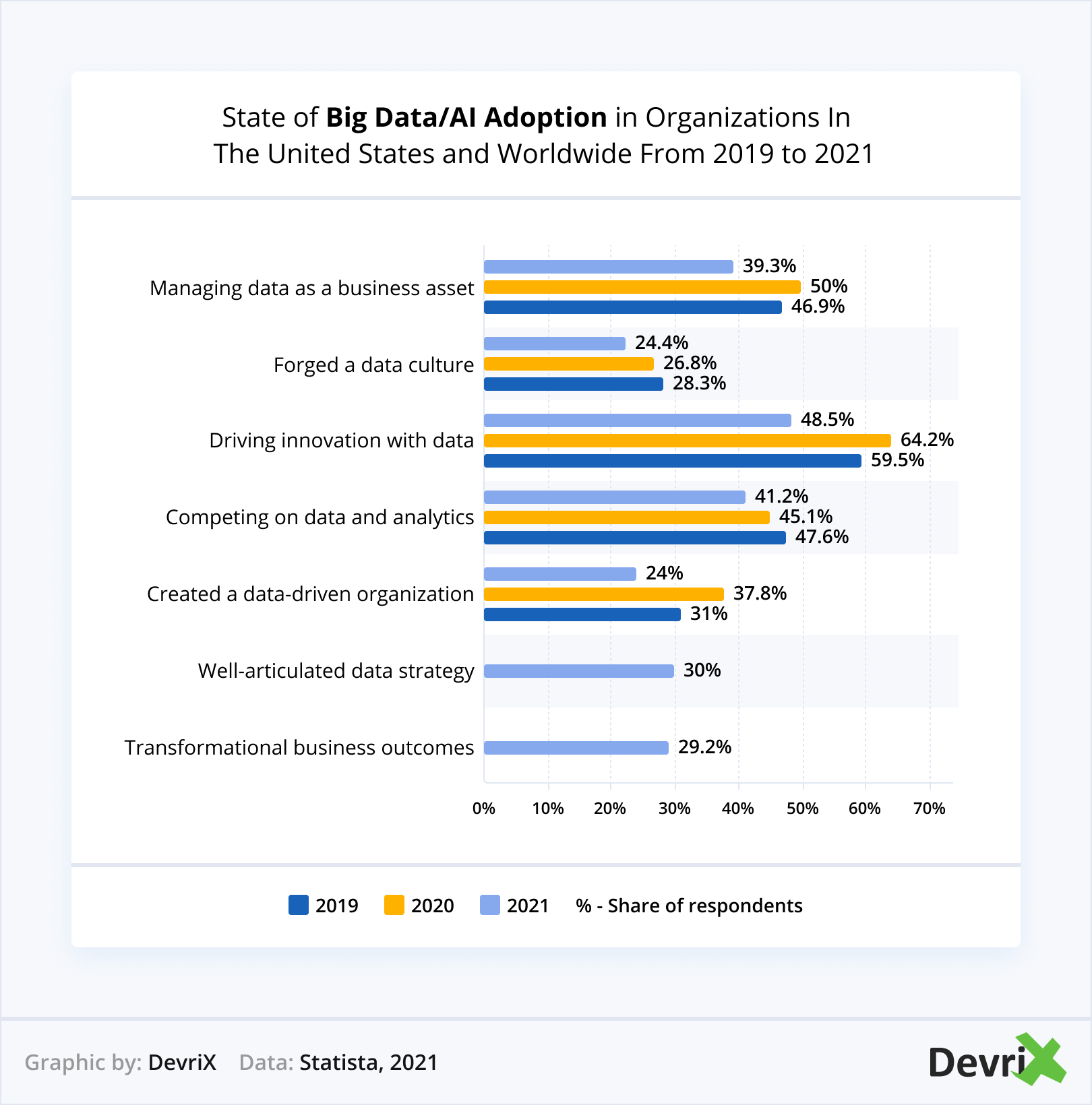
1. Data Analytics Defines Your Ideal Customers More Clearly
In the past, marketers needed to guess about the profile and demographics of their optimal business segment, and base their buyer personas on assumptions. However, that is not the case anymore.
With the enormous information we have at our hands, organizations can without much of a stretch monitor customer behavior and purchasing habits and coax out considerably more insights about their clients. Also, they may learn about things like which sites they visit, which communication channels they prefer, and even which buttons they mostly click while on a website.
2. Data Analytics Enables You to Optimize Engagement
Knowing who your clients and customers are, learning about their needs, and researching what they are interested in allows you not only to target them better but to encourage engagement.
Companies can use data to perform better customer and lead segmentation and meet the client exactly where they are on their journey. They can target different cohorts with an individual approach, improve communication, and increase conversions.
Furthermore, by leveraging a CRM solution, businesses can significantly improve lead generation and customer service satisfaction.
3. Data Analytics Improves Marketing ROI
Marketing data analytics can significantly improve the ROI of digital marketing.
Modern tools allow companies to track where every dollar of their budgets goes, and credit different channels for conversions by creating accurate attribution models. In addition, they can monitor the performance of campaigns, a/b test different approaches and marketing messages, and make real-time adjustments.
This way no time, money, and resources are wasted on inefficient communication channels, and the marketers can focus on how to better approach the customer to help the business make more profits.
4. Data Analytics Improves Customer Loyalty and Retention
Understanding the customer enables companies to better respond to their needs and thus make them feel cared for and valued. Clients who are happy with a business are more likely to remain loyal and stay with the company for longer.
While market research is the best way to learn details about your audience and boost retention, there are other options as well.
Mobile apps and loyalty programs benefit both the customers and the business. While people enjoy better accessibility, premium discounts, and other advantages, you collect valuable data. This information can help you provide more accurate product suggestions, boost sales volume, and even improve your products.
5. Data Analytics Ushers Real-Time Personalization
Big data, together with advanced machine learning algorithms enables companies to personalize their marketing campaigns like never before. They can target their ads, emails, PPCs, and content to the right user, at the right time, and with the right tailor-made message.
However, while personalization may seem like a large investment to companies with a limited budget, the good news is that it’s worth it. In fact, most marketers report that it delivers a substantial ROI, which makes it a highly profitable approach.
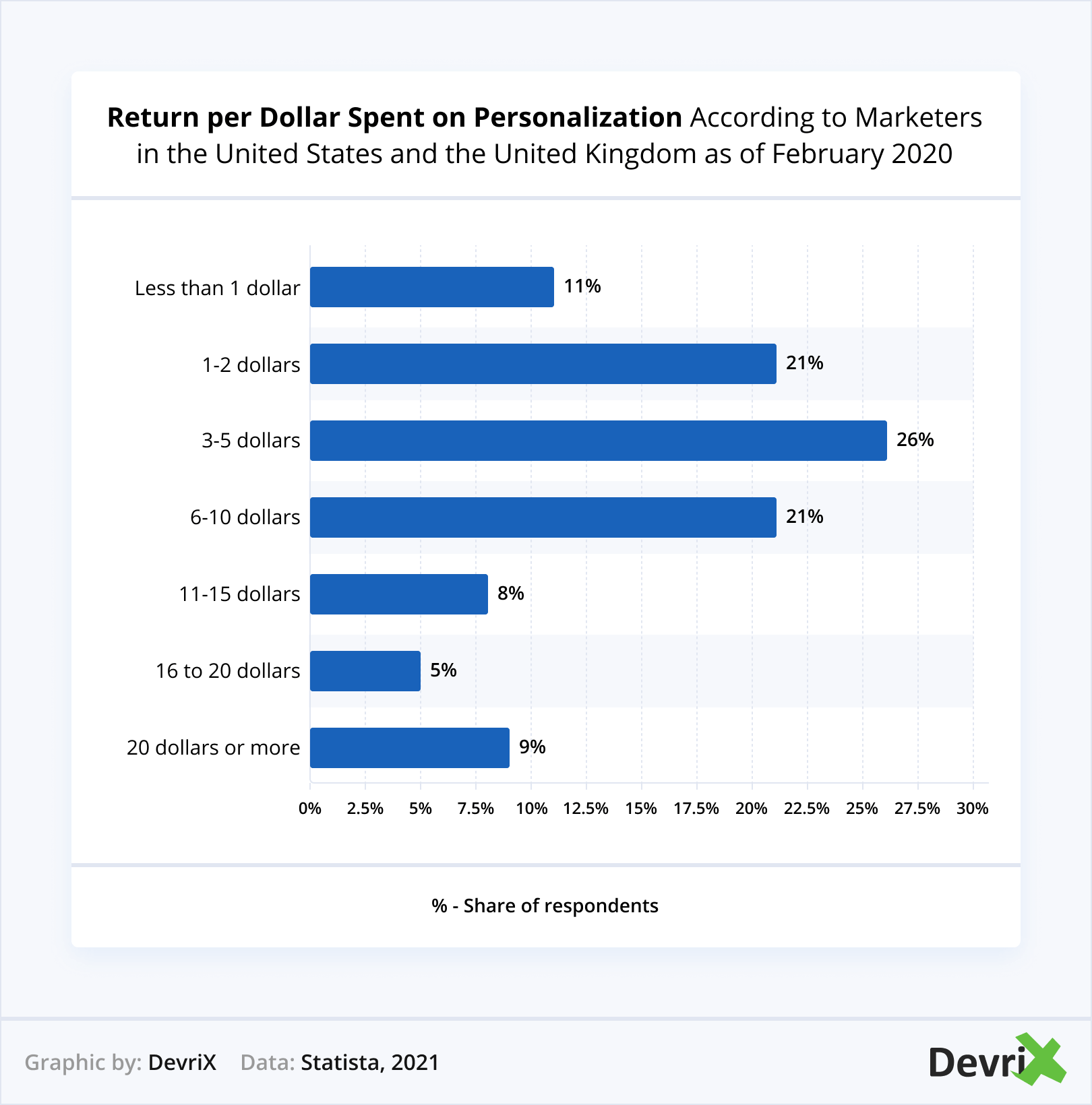
6. Data Analytics Optimizes Budget Management
Marketing data analytics empowers organizations to screen and enhance both their inbound and outbound efforts and optimize their budgets wisely. Furthermore, as mentioned, it makes up for the investment it takes with lucrative ROI.
In addition, predictive marketing analytics enables companies to plan their revenue and expenses with improved accuracy, and thus save money and resources from pursuing futile endeavors.
7. Data Analytics Facilitates Better Lead Scoring
Marketing and sales teams use lead scoring to rate their most promising leads and identify when to contact them to improve the chances of sealing a deal. However, doing the task manually is tedious and time-consuming.
By using modern marketing tools such as CRM software, companies can build detailed customer profiles and track the behavior of leads. The algorithm analyzes the actions a potential client makes – such as website clicks, social media engagement, emails opened, etc. – and based on these estimates when the person is ready to be approached.
Relying on marketing data analytics dramatically improves the accuracy of lead scoring, and increases conversions.
8. Data Analytics Boost Your Content Marketing Efforts
The ROI of blogging used to be very hard to measure. Now, thanks to data analytics, marketers can easily break down which content performs best at moving leads through a sales funnel.
Even small businesses can afford tools that track the customer journey and show which pages contribute to conversions, and which don’t.
In addition, SEO tools that analyze data from online searches enable marketers to research keywords and optimize their content to be more visible on Google to potential customers.
Future of Data Analytics
Demand for data analytics continues to increase and the market is growing exponentially. As machine learning and intelligent solutions become more involved in all industries, marketing included, demand for big data rises as well. Companies strive to utilize the power of data analytics to improve their revenues and stay ahead of their competitors.
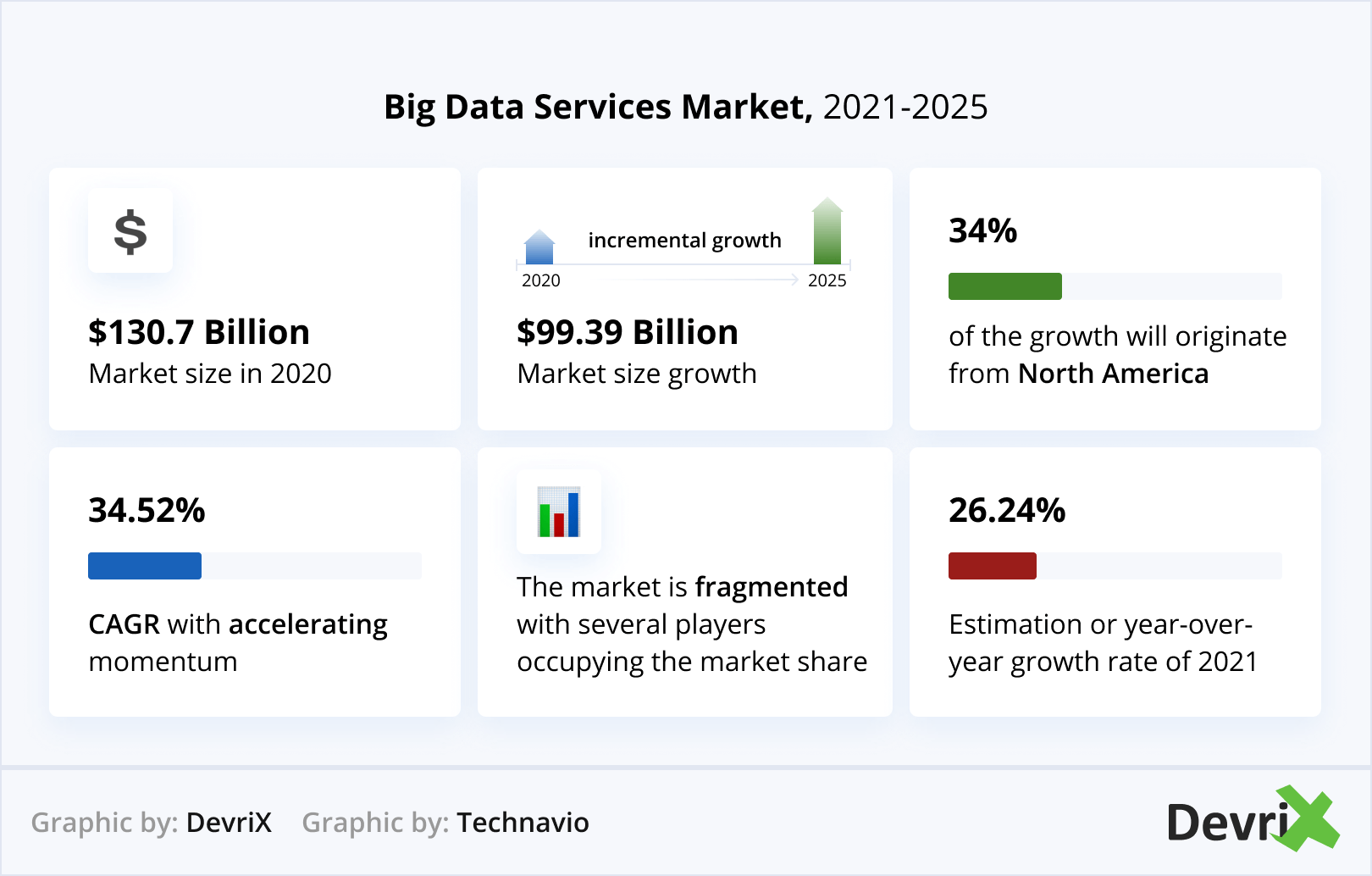
However, while artificial intelligence and advanced tools can process and analyze data with amazing speed, they still need a human to clean the data, understand what it means, and make sense of the results. This creates a rising demand for qualified data experts to consult companies and join their ranks.
University programs in data analytics are becoming more and more popular and courses in data analytics are currently standard fare for software engineering students. As indicated by the Bureau of Labor Statistics US, somewhere around 4 and 6 million individuals are hired as data analytics experts.
Marketers who build their list of skills with data analytics knowledge will be able to benefit the companies they work with and give them a significant advantage in servicing the client better and increasing revenue.
Data Analytics for Marketers
Following are the top 3 benefits that data analytics offers to the marketers:
- Easier Market Research. Organizations can conduct different market research methods with improved speed and precision.
In addition, modern tools make analyzing target groups’ behavior, online reviews, and customer feedback simpler and more affordable. Marketing data analytics enables companies to process the results easier and focus on implementing improvements.
- Improved Reputation Management. RWith data analysis, organizations can monitor their business’ online reputation across all communication channels and third-party websites.. Thus, they may discover unfiltered sentiments, social media comments, and testimonials about their company and products, and may take timely action to avert a reputation crisis.
The savviest can also utilize the tools to communicate and engage with their audience to provide great customer service and boost brand awareness.
- Simplified Competitor Analysis. Latest social media monitoring tools make it simple to gather and break down information about competitors and their campaigns. The organizations that can utilize this data will have an unmistakable competitive advantage.
Tips for Marketers to Ensure Data Analytics Success
The following tips will help you master marketing data analytics and ensure that your efforts deliver the desired results:
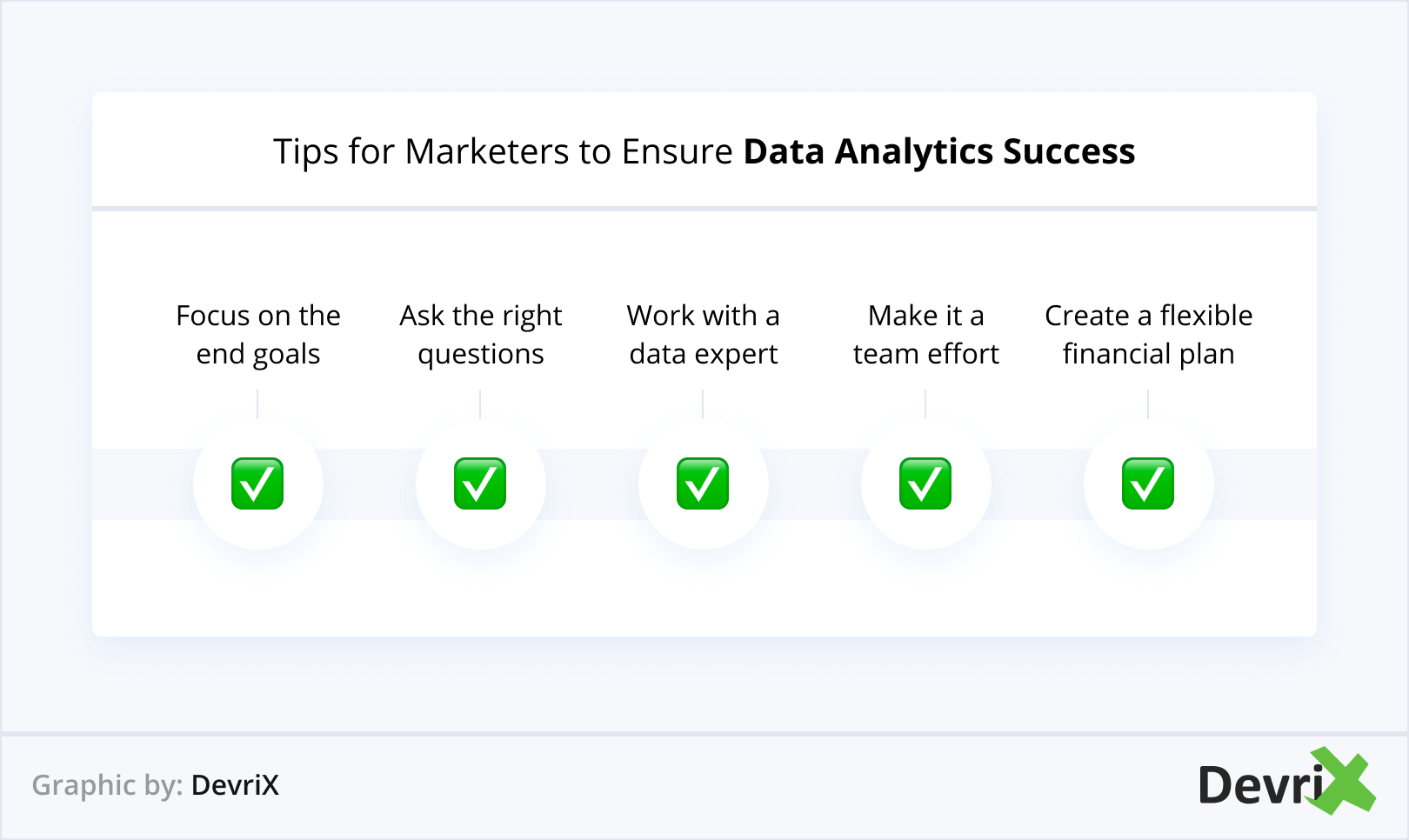
- Focus on the end goals. Think of business knowledge goals and the understanding which will be of most value to your company. List specific needs to follow as objectives. For example, enhancing task execution, understanding client behavior or overseeing risks. Analysis adjustments and information models can then be custom fitted to your individual needs.
- Ask the right questions. In order to obtain the desired results, you should start by asking the right questions, and defining what knowledge you want to acquire. Neither algorithms nor data management experts can derive accurate information from data if they don’t know what they are looking for.
- Work with a data expert. Managing big data is a complicated task that requires in-depth knowledge and a meticulous approach. If you are not a trained expert yourself or don’t have one on your team, we strongly recommend you hire one or work with a freelancer. They would know how to clean the data, structure it, and prepare it for analysis. Otherwise, your results may be biased or unclear.
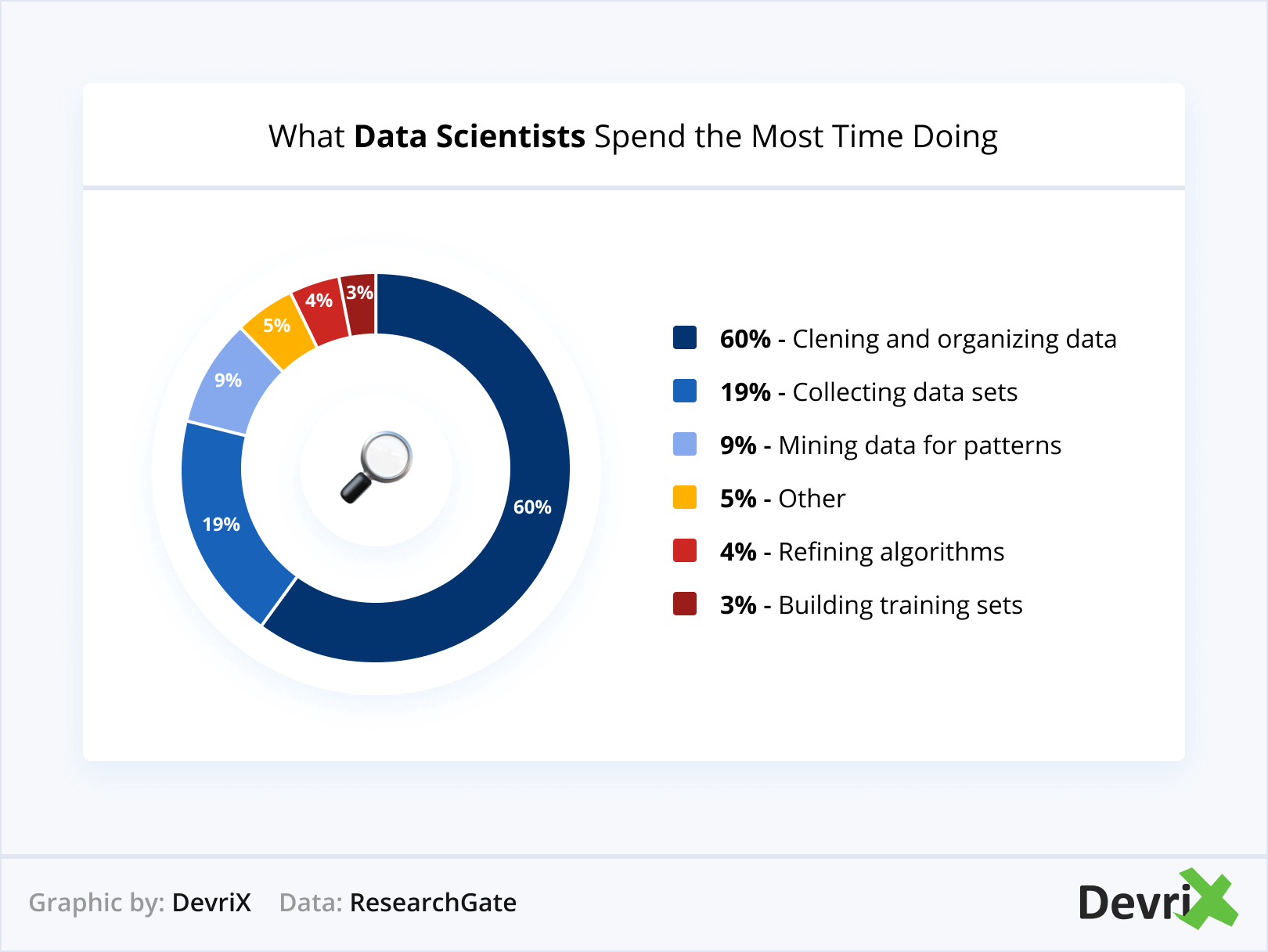
- Make it a team effort. To obtain the best results, you should make data-driven decision-making a team effort, and encourage data analytics to become part of all departments in the organization. This will give your company a better overview of processes and a more holistic approach to business management. Cross-referencing data from different streamlines may give you valuable insights into your overall business health, and performance, and empower you to make improvements.
- Create a flexible financial plan. Data analytics is an industry that’s constantly developing. This means that new solutions with advanced functions regularly enter the marketplace. In addition, existing tools evolve and their financial requirements change over time.Sticking to a fixed budget may constrain companies from utilizing the full potential of marketing data analytics and create unnecessary obstacles. Therefore, it is significantly more financially savvy to adopt a flexible plan or reassess budgets on a quarterly basis, instead of an annual one.
Bottom Line
Data analytics tools and software solutions are accessible to corporations and small businesses.
Marketing analytics allows us to understand the customer better, and respond to their needs with a personalized approach like never before. This enables companies to reduce the time it takes to perform tasks, adapt to changes in real-time, and improve their campaigns. What’s more, it makes it possible to acquire more new clients and retain them for longer.
